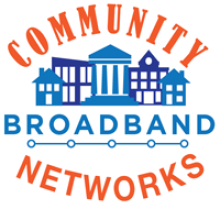We Told You So: Subscribers Abandon DSL
We have long been arguing that the telephone and cable companies are not sufficiently investing in the connections needed by communities.
Quarter after quarter, companies offering DSL see decreases in their lines as subscribers jump to cable or fiber-optic alternatives (where available, which is not many places). Recall that AT&T's CEO himself believes DSL to be obsolete.
As this trend continues, most communities will find that a single cable company has a monopoly on high speed broadband access and those willing to settle for slower, less reliable alternatives will have a choice between DSL and wireless options. Susan Crawford has written about this, terming it the Looming Cable Monopoly.
The main reason is that cable is cheaper to upgrade to higher capacity connections than the telephone lines. Unfortunately, due to the reality of natural monopoly, the big cable companies will almost certainly continue to dominate in their communities. It is just too hard and risky for other businesses to challenge their market power.
This is why smart communities are evaluating all their options and determining if a long term public investment in fiber-optic infrastructure would generate enough benefits to justify the high upfront cost.




 As you read this, remember that the FCC's National Broadband Plan largely places the future of Internet access in the hands of these corporations.
As you read this, remember that the FCC's National Broadband Plan largely places the future of Internet access in the hands of these corporations.